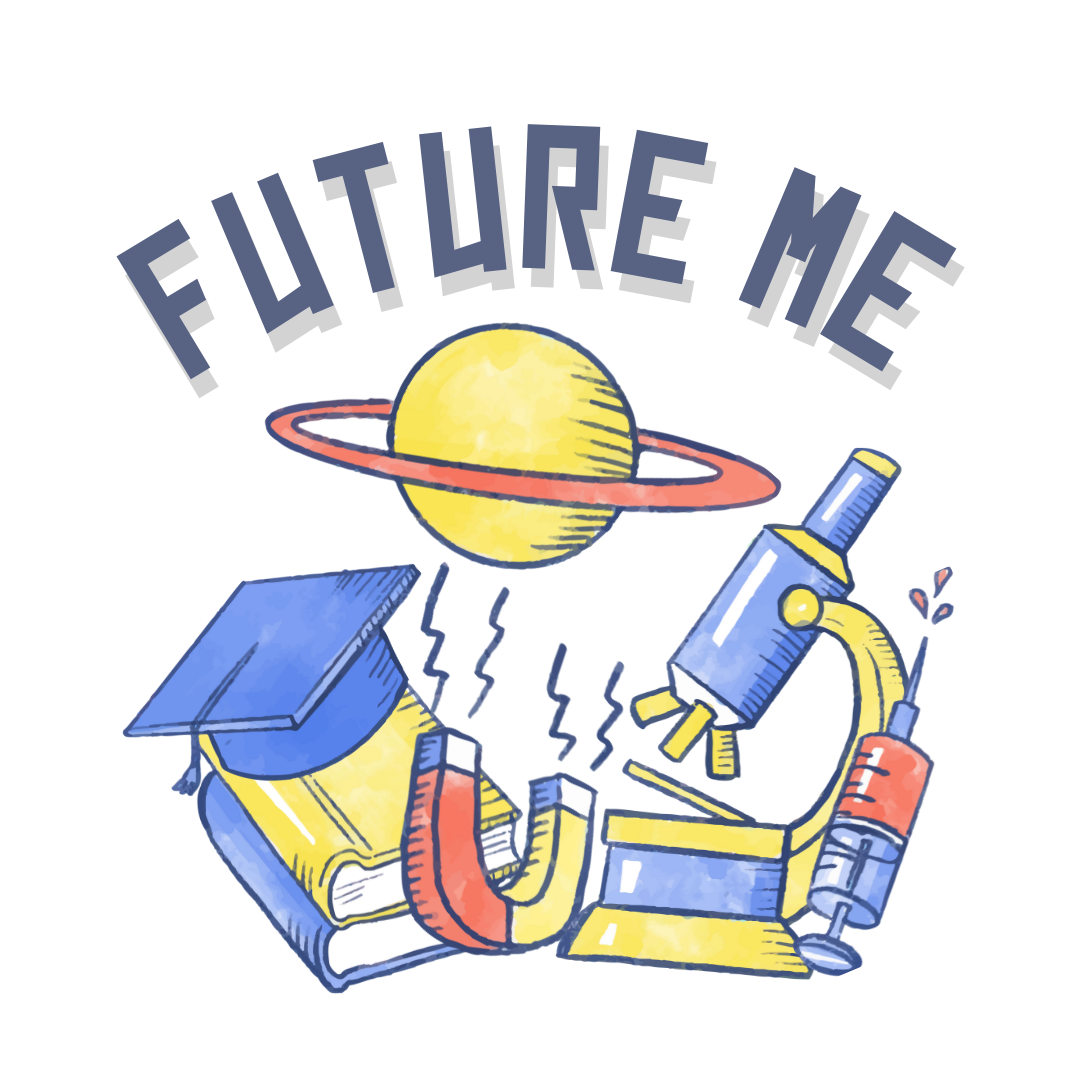We love questions so much
we save them here!
We may have the question already answered below,
but if we don’t, please ask away! We are happy to help.


STEM empowers individuals with the skills to succeed and adapt to this increasingly complex, changing technological world. STEM is intended to lead to the innovation necessary to sustain our economy. This innovation and science literacy depends on a solid knowledge base in the STEM areas.
STEM is important because it pervades every part of our lives. Science is everywhere in the world and is used to impact people and every living thing on earth.
There are multiple reasons why STEM skills are considered more important than ever. Here are just some of them:
- 21st-century challenges of both globalization and a knowledge-based economy create an imperative to develop STEM skills;
- STEM skills help to bridge the ethnic and gender gaps sometimes found in math and science fields;
- The global economy is changing;
- STEM Skills and qualifications are considered essential to Australia’s productivity and beyond;
- Current jobs are disappearing due to automation;
- New jobs are emerging as an outcome of technological advances;
- The continual advances in technology are changing the way students learn, connect and interact every day;
- STEM Skills are critical to school success and life;
- Employer demand for STEM qualifications and skills is high;
- 75 per cent of jobs in the fastest growing industries require workers with STEM skills; (Western Australia Dept of Education)
- STEM occupations are growing. They are nearly double that of other occupations;
- The wage for STEM jobs is about 70% more than the national average
- In 20 years, 80% of jobs will require technical skills. (US Bureau of Statistics)
STEM skills relate subject-specific skills in science, mathematics, and engineering to generic skills and dispositions.
This list may vary slightly, but the following skills and dispositions are generic and frequently cited in references related to STEM:
- Creativity
- Inquiry Skills
- Critical analysis
- Teamwork and collaboration.
- Initiative
- Communication
- Digital literacy
- Problem-solving
